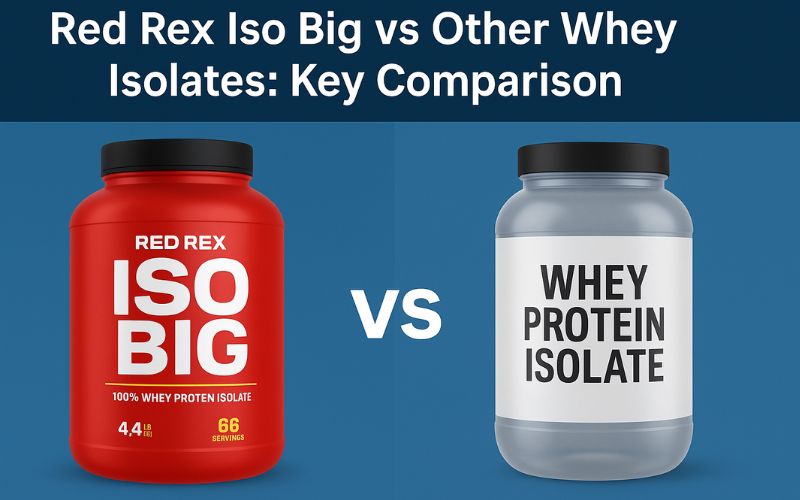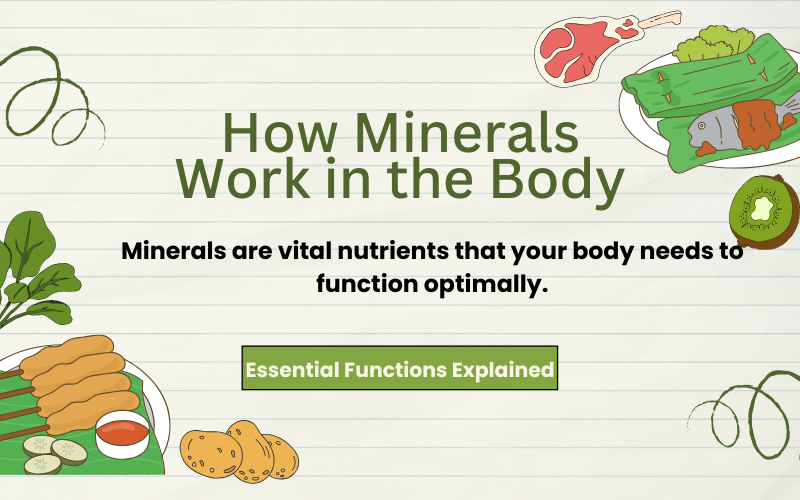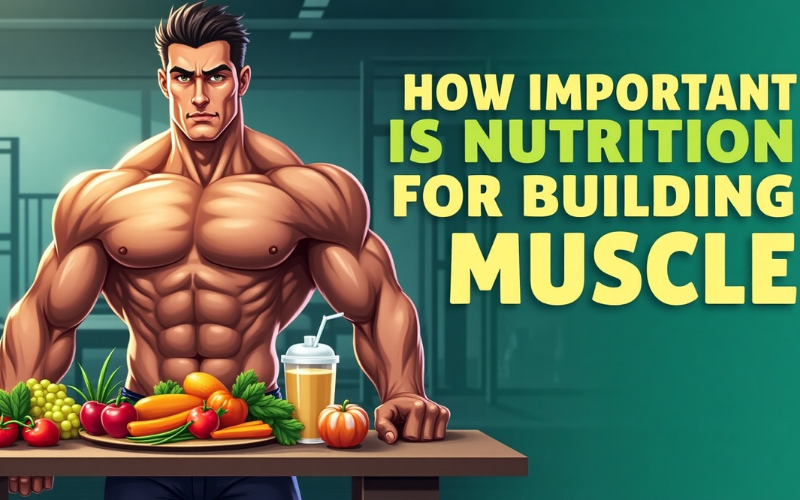Functions of Vitamins in the Body – Complete Guide
Vitamins are essential for life. From powering your metabolism to protecting your immune system, these tiny micronutrients support nearly every function in your body. In this expert guide, you’ll learn about the key functions of each vitamin, their sources, deficiency symptoms, and how to meet your daily needs.
What Are Vitamins and Why Are They Important?
Vitamins are organic compounds that the body needs in small amounts for normal growth, development, and overall health.
Micronutrients vs. Macronutrients
Unlike macronutrients (carbs, fats, proteins), vitamins are micronutrients, meaning they don’t supply energy but are crucial for helping the body use energy efficiently.
Roles in Metabolism, Growth, and Immunity
Vitamins act as coenzymes in metabolic pathways, regulate immune response, help build strong bones and tissues, and protect cells from oxidative stress.
Fat-Soluble vs. Water-Soluble Vitamins
- Fat-soluble vitamins (A, D, E, K) are stored in body fat and liver.
Water-soluble vitamins (C and all B-complex vitamins) must be replenished daily as excess is excreted in urine.
Fat-Soluble Vitamins and Their Functions

1Vitamin A – Vision, Skin, and Immune Function
- Supports night vision and eye health
- Promotes skin cell growth and repair
- Strengthens the immune system
Sources: Liver, carrots, spinach, sweet potatoes
Vitamin D – Bone Health, Calcium Absorption
- Aids calcium and phosphorus absorption
- Essential for strong bones and teeth
- May support immunity and mood balance
Sources: Sunlight, fortified milk, salmon, egg yolks
Vitamin E – Antioxidant Protection
- Protects cells from oxidative stress
- Supports skin and eye health
- Boosts immune function
Sources: Nuts, seeds, vegetable oils, green leafy vegetables
Vitamin K – Blood Clotting and Bone Health
- Helps blood clot properly
- Plays a role in bone mineralization
Sources: Leafy greens, broccoli, Brussels sprouts
Water-Soluble Vitamins and Their Functions
Vitamin C – Immunity and Collagen Production
- Strengthens the immune system
- Promotes wound healing and collagen formation
- Aids in iron absorption
Sources: Citrus fruits, berries, tomatoes, peppers
Vitamin B1 (Thiamine) – Nerve Function and Energy Metabolism
- Converts carbohydrates into energy
- Maintains nerve and heart health
Sources: Whole grains, pork, legumes, seeds
Vitamin B2 (Riboflavin) – Energy Production and Eye Health
- Helps convert food into ATP
- Supports skin and vision
Sources: Milk, eggs, green veggies, fortified cereals
Vitamin B3 (Niacin) – Cholesterol and Digestive Support
- Regulates cholesterol levels
- Supports digestive system and brain function
Sources: Meat, fish, peanuts, whole grains
Vitamin B5 (Pantothenic Acid) – Hormone and Fat Metabolism
- Involved in fat and hormone metabolism
- Supports red blood cell production
Sources: Avocados, eggs, mushrooms, chicken
Vitamin B6 (Pyridoxine) – Brain Development and Immunity
- Key for neurotransmitter function
- Supports immune system and metabolism
Sources: Bananas, chicken, tuna, fortified cereals
Vitamin B7 (Biotin) – Skin, Hair, and Energy Metabolism
- Important for skin and hair health
- Helps break down fats and carbohydrates
Sources: Egg yolk, nuts, seeds, salmon
Vitamin B9 (Folate) – Red Blood Cell Formation and DNA Synthesis
- Vital for pregnant women (prevents neural tube defects)
- Supports cell division and red blood cell production
Sources: Leafy greens, beans, fortified grains
Vitamin B12 (Cobalamin) – Nerve Health and Energy
- Maintains nerve function and red blood cells
Assists in DNA synthesis and energy production
Sources: Meat, fish, dairy, fortified plant milks
What Happens When You Don’t Get Enough Vitamins?

Vitamin deficiencies can result in both mild symptoms and serious health conditions.
Deficiency Symptoms by Vitamin
- Vitamin A: Night blindness, dry skin
- Vitamin D: Rickets (children), osteomalacia (adults)
- Vitamin C: Scurvy, bleeding gums, fatigue
- Vitamin B12: Fatigue, numbness, memory issues
- Folate: Anemia, birth defects
- Niacin: Pellagra (diarrhea, dermatitis, dementia)
At-Risk Populations
- Older adults (reduced absorption)
- Vegans/vegetarians (B12, D, iron risks)
- Pregnant women (folate, iron needs)
- People with gut issues (Crohn’s, celiac, IBS)
Importance of Balanced Diet or Supplementation
A diverse diet usually meets most vitamin needs. However, some individuals may require supplements or fortified foods, especially during pregnancy, aging, or chronic illness.
How to Ensure You Get Enough Vitamins Daily
Vitamin-Rich Foods and Meal Planning
- Eat colorful fruits and vegetables
- Choose whole grains, nuts, lean meats, and dairy
- Vary your diet to cover all vitamin types
Fortified Foods
Many common foods like breakfast cereals, plant-based milks, and flours are fortified with vitamins such as B12, D, and folic acid.
When Supplements Are Necessary
Supplements may be needed when:
- You follow restrictive diets
- You have certain medical conditions
- Blood tests reveal specific deficiencies
Always consult your healthcare provider before starting supplements.
FAQs – Vitamins and Their Roles in the Human Body
Q: Can you take too many vitamins?
Yes. Especially fat-soluble vitamins (A, D, E, K) can build up to toxic levels. Always follow recommended dosages.
Q: What’s the difference between vitamins and minerals?
Vitamins are organic and aid in cell function. Minerals (e.g., iron, calcium, zinc) are inorganic and support bone health, fluid balance, and enzyme activity.
Q: Are multivitamins effective?
They can help fill nutritional gaps but should not replace a balanced diet.
Final Thoughts: Supporting Health Through Essential Vitamins
Vitamins may be small in size, but their role in maintaining physical and mental health is massive. From boosting immunity to powering your metabolism and protecting your brain, vitamins work silently behind the scenes. Eating a balanced, nutrient-dense diet is your best defense against deficiencies—and when needed, quality supplements can help bridge the gap.
If you’re unsure about your vitamin status, speak with a healthcare provider and consider a blood test to personalize your nutrition strategy. Support your health with science-backed vitamins—explore trusted options now at Synernutrition.com and give your body what it needs to thrive!









Add comment